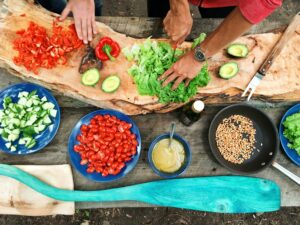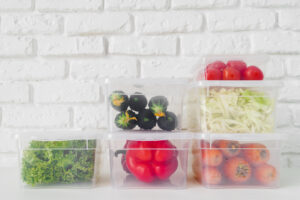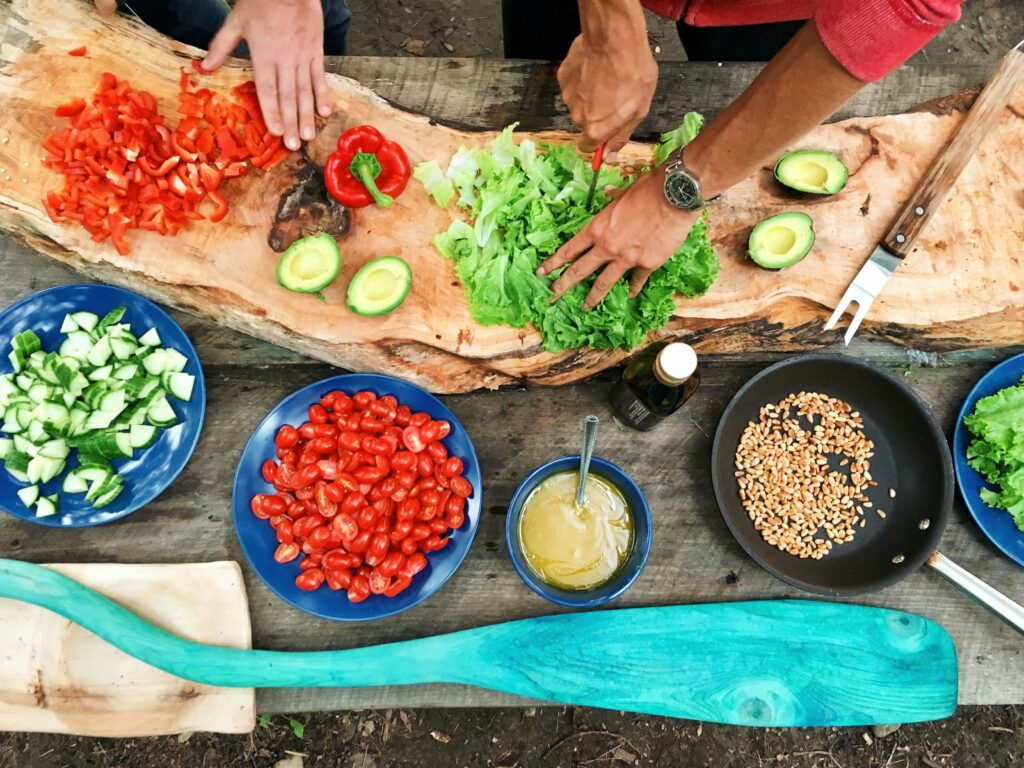Batch cooking is a way of cooking a lot of food at once so you can eat it all in a short amount of time. Basically, you’re in charge of planning, cooking, and storing your meals for a few hours each week.
There are many benefits to batch cooking. The most obvious one is that it saves you time. You can prepare multiple meals throughout the week and have them ready to eat when you get home. Another benefit is that you can save money. Batch cooking allows you to buy ingredients in bulk and cut down on food waste. You can also use it to portion out meals and plan meals. It also makes meal prep and freezer-friendliness easier. Batch cooking is popular among busy people, busy parents, students and people who want to cook healthier and save money. It’s also becoming more popular among people looking for sustainable cooking methods and ways to reduce food waste.
Batch cooking is a time-saving and cost-effective method that involves preparing multiple meals at once and storing them for later consumption.

While batch cooking offers numerous advantages, But also that can be a potential loss of nutrients when foods are cooked in large amount and stored for extended time. The nutrient loss primarily occurs due to factors like heat, exposure and heating. Some vitamins, like vitamin C and some B vitamins, heat-sensitive and can break down during cooking.

Batch cooking can cause you to lose some of your nutrients. Here are the factors that nutrients loss from batch cooking-
Heat exposure – Long-term cooking or high heat can lead to the breakdown and loss of several vitamins, including vitamins C and B, in the cooking liquid or by evaporation. Consider utilising lower heat and shorter cooking periods to reduce nutritional loss.

Nutrients that are water soluble – Some nutrients, such as vitamin C and the B vitamins, are water soluble and may leach into the cooking liquid. These nutrients may be lost if this beverage is not drank or included in the final meals. These nutrients may be preserved by adding the cooking liquid to sauces, soups, and stews.
Storage conditions -Proper storage of batch-cooked meals is crucial to retain nutrients. Exposure to light, air, and heat during storage can cause nutrient degradation.

Partial cooking times can be tricky to adjust – Partial cook times can be tricky. Some foods, like vegetables, require only partial cooking in order to prevent them from becoming soggy or losing their nutrient , flavour or texture as they are frozen and thawed. But it can be challenging to cook everything to the correct stage while keeping it safe to eat.


